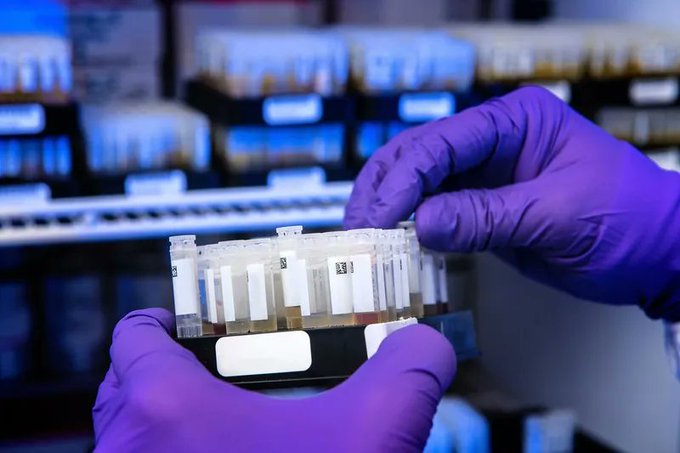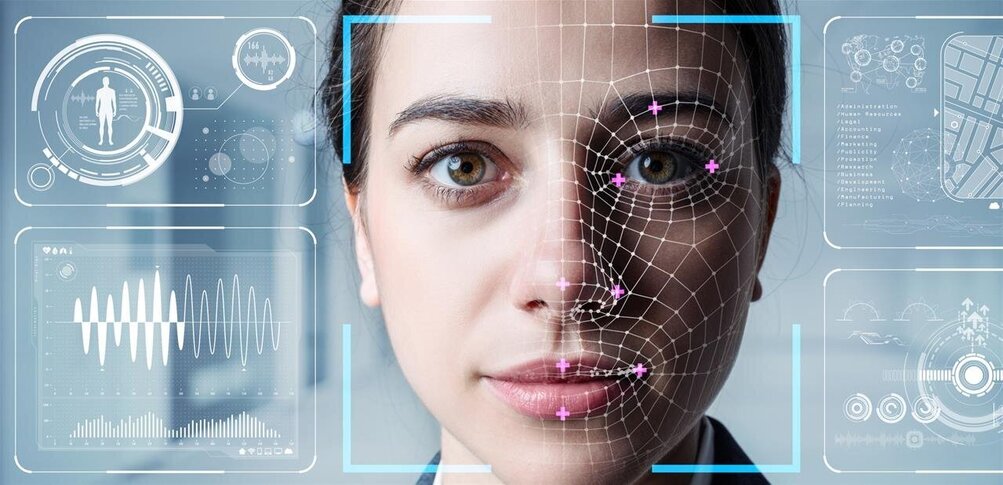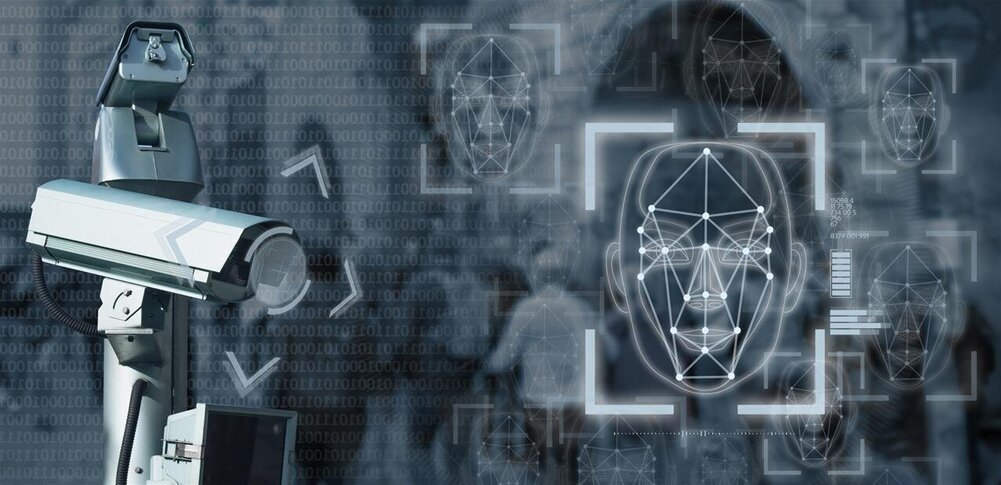-
While AI-driven healthcare solutions have proven their impact and reliability, healthcare organizations struggle to achieve the desired value from their investments in AI.
-
The most promising use cases are in early diagnosis and risk stratification for chronic disease, but AI also has the potential to revolutionize drug discovery and health system operations.
-
AI’s impact on global health depends on three enablers: usable, representative data; trustworthy design; and, scalability.
Before GPS, drivers relied on the humble printed map. GPS changed everything. The technology wasn’t perfect — it was ignorant of new roads, temporary closures and traffic conditions — but we adopted it because it beat the status quo. The occasional glitch wasn’t the worst thing in the world and, while the public might not have fully understood satellite-based radio navigation, they didn’t need to.
Self-driving technology, however, faces an uphill climb given its complexity, life-or-death stakes and the need to work everywhere and in all conditions. AI in healthcare resembles self-driving vehicles in that the data and assumptions used to build algorithms are obscure, the consequences of a clumsy algorithm are dire and, to transform healthcare, solutions must be deployable at scale.
Mots-clés : cybersécurité, sécurité informatique, protection des données, menaces cybernétiques, veille cyber, analyse de vulnérabilités, sécurité des réseaux, cyberattaques, conformité RGPD, NIS2, DORA, PCIDSS, DEVSECOPS, eSANTE, intelligence artificielle, IA en cybersécurité, apprentissage automatique, deep learning, algorithmes de sécurité, détection des anomalies, systèmes intelligents, automatisation de la sécurité, IA pour la prévention des cyberattaques.






